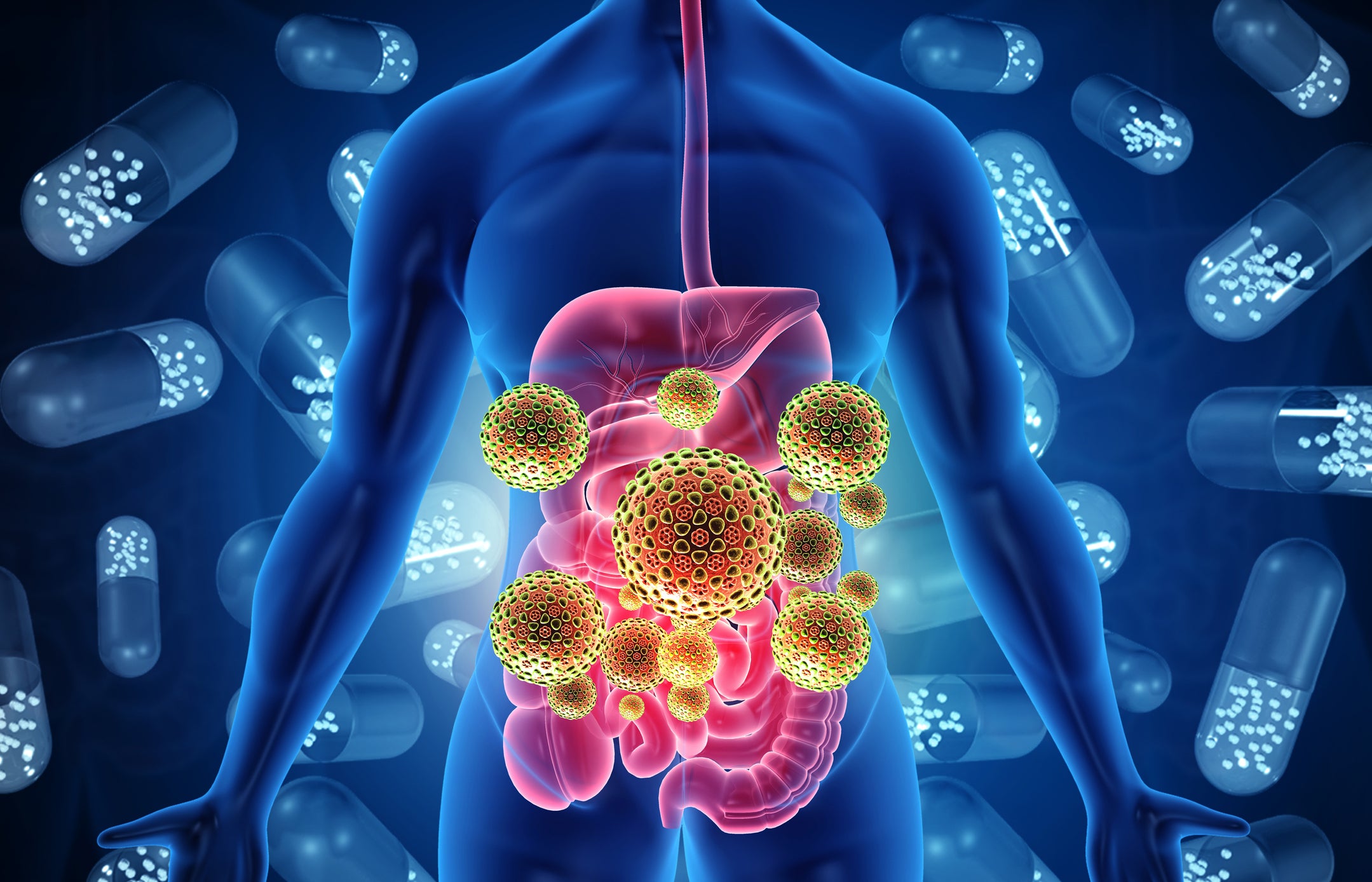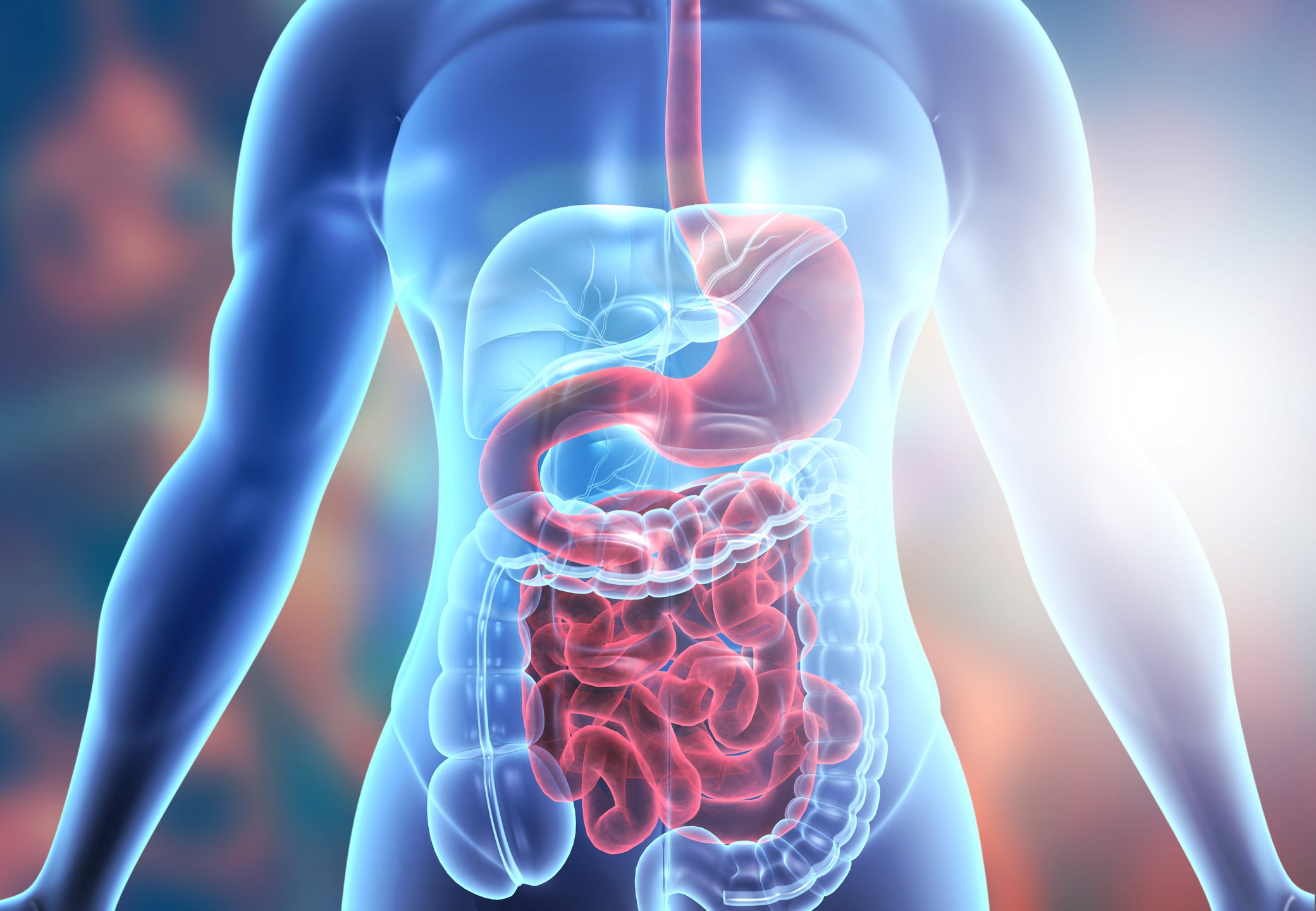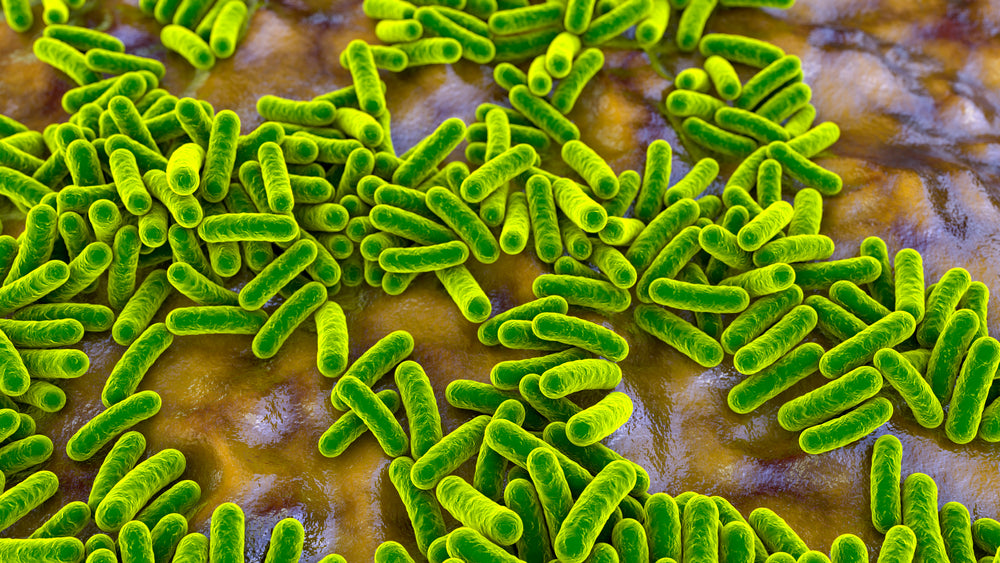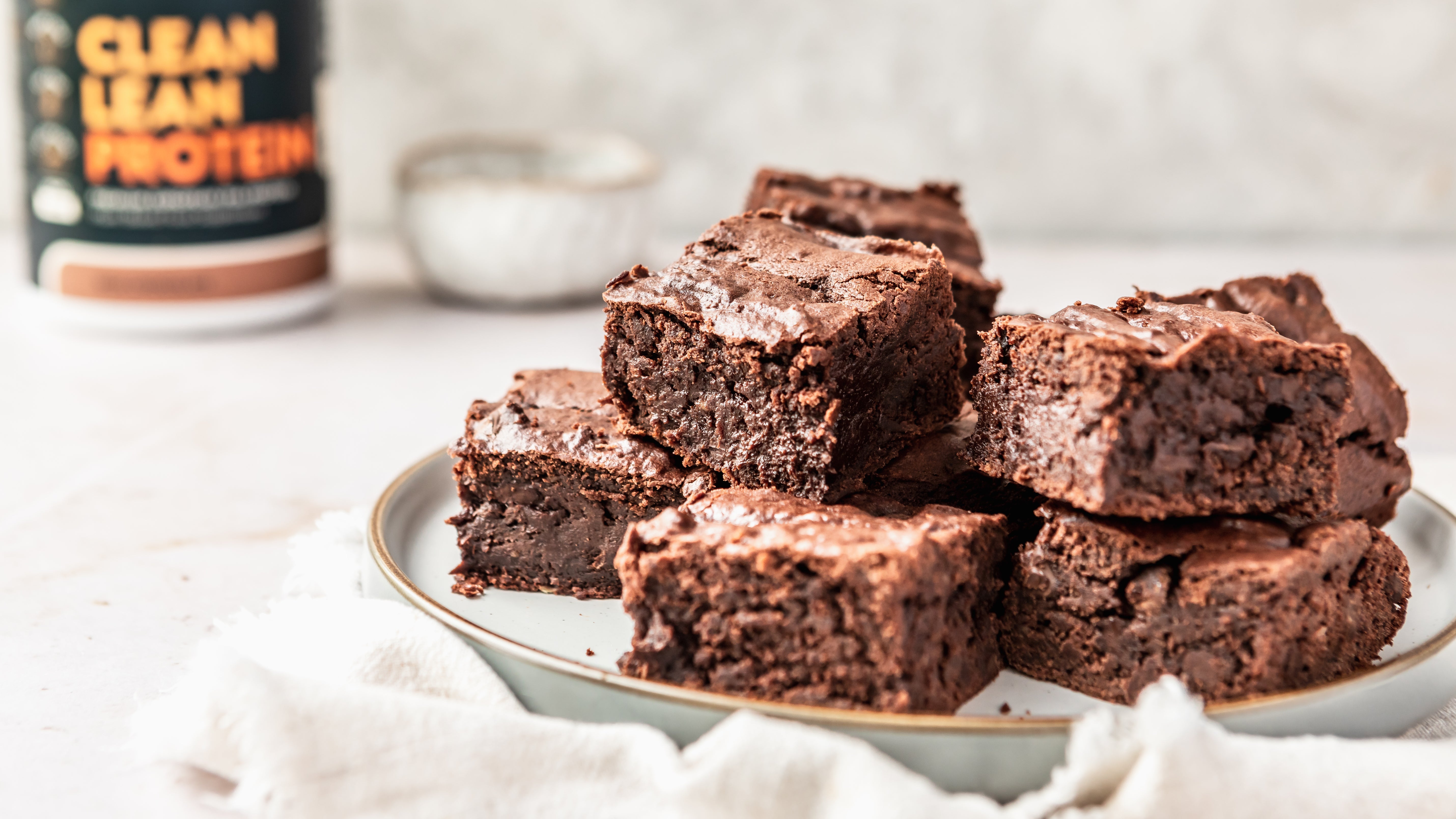Author: Megan Jones (Adv.Dip.NutMed, BHsc.NutMed)
A little tension keeps us on our toes. In fact, a certain level of stress is fundamental when it comes to living a full and meaningful life. Some might argue being stressed about something shows that we care,[1][2] while the World Health Organisation affirms that stress connects us directly with the most challenging and important aspects of our lives.[3] Stress can come from our environment, from our bodies, or even our own thoughts and how we view the world around us, and has become a common issue of modern life.[4]
Did you know: Stress can cause depletion of micronutrients such as magnesium, zinc, calcium, iron, and niacin from our body – all of which are essential for our optimal physical and mental function.[5]
Nuzest’s Good Green Vitality (GGV) has been carefully formulated with 75+ wholefood-based ingredients, including vitamins and minerals, antioxidants, plant chemicals, adaptogens, pre- and probiotics, digestive enzymes and more, to support all 11 body systems in one convenient daily serve. One 10g scoop can provide a wide variety of health benefits ranging from improved cognition and stress support, to digestive support, to hormonal support and even support of our body’s natural energy production!
Did you know: The micronutrients magnesium, zinc, calcium, iron, and niacin – and many more – are all contained in one daily serve of GGV!
Key takeaways:
- A certain level of stress is essential for a full and meaningful life - while it can stem from various sources, including our environment, our bodies and thoughts, it is becoming a common issue in modern life.1 2 3 4
- Stress can deplete essential micronutrients like magnesium, zinc, calcium, iron, and niacin.5
- Stress can be triggered by internal and/or external stimuli, leading to a series of physiological responses and subsequent symptoms.6 7 8 34 35
- Stress prompts the release of cortisol, epinephrine, and noradrenaline, engaging the body's "fight or flight" response, and affecting various body systems, including the musculoskeletal, cardiovascular, and nervous systems.21 22
- Key parts of the brain - the amygdala, hippocampus, and prefrontal cortex all play crucial roles in recognising and responding to stressors, with chronic stress negatively impacting the hippocampus and affecting cognitive function. 23 24 25 26 27 28 29
What is stress?
Any internal or external stimulus that evokes a physiological response is known as stress[6], while it can also arise from any event or any thought that may bring about frustration, anger, or nerves.[7][8]
While it can be triggered by different life experiences, and everyone is stressed by different things, common external causes of stress include:
- problems at work or school, financial issues or relationship worries
- major life events such as a death in the family, a relocation or a divorce
- family illness or health problems.[9]
Biologically, stress is our body's natural defence against predators and danger, and we are physiologically designed to deal with, and react to it.[10]
While we all deal with stress differently, our ability to cope can depend on our genetics, early life events, our personality and our social or economic circumstances.[11] It can even depend on the lifestyle we lead and the quality of our diet on a day-to-day basis, as certain nutrients can provide us with the extra energy we need to cope with stressful events.[12] An increasing number of studies reveal that diet and nutrition are critical not only for physiology and body composition, but also play a significant role in supporting our cognition and our stress adaption.[13]
The two main classifications of stress are:
- Acute stress: A stressful event, situation, or challenge, like preparing for an exam or feeling nervous about a life event, usually triggers acute stress. It creates short-term mental and physical stress symptoms.
- Chronic stress: Chronic stress usually appears in the long term, like frequent worry about finances or work. Research reports that chronic stress is linked to changes in certain areas of the brain, such as the prefrontal cortex and limbic system. This has the potential to cause cognitive, emotional, and behavioural changes. [14][15][16]
Did you know? Stress can also be positive, as the stress response help us stay alert, motivated and focused on the task at hand. This type of stress also has its own classification, known as “eustress”. Generally eustress will bring with it motivation to complete a task series of tasks that take us out of our comfort zone.[17]
We react to stress via physiological changes our bodies undergo when we are under stress. General adaptation syndrome (GAS)[18] is the three-stage stress adaptation process incorporating:
- The reaction we have to stressors, when cortisol is released and we enter “fight or flight” mode - known as the “Alarm reaction stage”.
- The recovery phase after the initial shock where the body starts to lower cortisol release and repair itself is known as the “Resistance stage”.
- When the stress turns prolonged or chronic, this is known as the “Exhaustion stage” and can weaken our immune system.[19][18]
How stress works: The stress response
When we perceive stress, our adrenal glands make and release the hormone cortisol into our bloodstream. Often called the “stress hormone,” when cortisol is released, it is done so alongside epinephrine (also known as adrenaline) and noradrenaline via a series of complex physiological reactions. It is essentially our natural “flight or fight” response which has kept humans alive for thousands of years.[21]
Stress affects all systems of the body including the musculoskeletal, respiratory, cardiovascular, endocrine, gastrointestinal, nervous, and reproductive systems.[22]
Environmental factors that trigger this reaction are called “stressors”. Examples include loud noises, aggressive behaviour, a traffic accident or speeding car, tight work deadlines, or even going out on a first date. Feelings of stress tend to increase in tandem with the number of stressors.
There are three parts of the brain that are highly involved in how we recognise and respond to stressors:
- the amygdala
- the hippocampus
- and the prefrontal cortex.[23]
The amygdala:
The amygdala is involved in the processing of emotions, including fear and the perception of threat, along with initiation of our "fight or flight" response. When the amygdala perceives a threat, it signals the hypothalamus. The hypothalamus then signals our adrenal glands in the kidneys via our HPA axis to release hormones like epinephrine (aka adrenaline) and the stress hormone cortisol into our bloodstream. The role of cortisol is essentially to keep our body on high alert, while also increasing immune system and memory functions.[24]
Once the threat is resolved and the brain no longer perceives danger, cortisol and epinephrine levels reduce to baseline levels.
The hippocampus:
The hippocampus plays an integral role in the formation, organisation, and storage of new memories and in connecting certain sensations and emotions to these memories. It also plays an important part in the emotional memory recall.[25]
Acute stress can cause an imbalance of neural circuitry, hindering cognitive processes such as decision making, and negatively impacting our mood leading to a heightened state of anxiety.[26]
Long-term chronic stress however, can compromise or even damage the hippocampus, so finding ways to manage stress may help protect this part of our brain.[27]
The prefrontal cortex:
Our prefrontal cortex makes up over 10% of the volume of the brain, serving as its control centre, mediating our executive functions that allow us to concentrate, plan, make decisions, evaluate risks, and even retrieve memories.[29] It controls the emotional responses to stress by regulating the amygdala[30], and can even shut down when stress becomes too much - inducing mental paralysis and panic.29
Physical signs of stress
Epinephrine (adrenaline) release leads to physiological changes in the body. The heart starts beating faster, pumping more blood through the body’s muscles and vital organs. The breath also becomes more rapid, and little blood vessels in the lungs open up to allow the lungs to work more efficiently. Extra oxygen is then sent to the brain, increasing alertness.[31][32]
Epinephrine also causes sugar and fats to be released from storage and this increases the amount of energy available to the body.[33]
The production of epinephrine, norepinephrine and cortisol combined can in fact bring about a range of physiological symptoms which can include:
- Muscle tension or jaw clenching
- Headaches
- Difficulty breathing
- Panic attacks
- Sleep problems
- Blurred eyesight or sore eyes
- Sudden weight gain or weight loss
- Fatigue
- Constipation or diarrhoea
- Digestive issues like indigestion or heartburn
- Chest pains and high blood pressure
- Feeling sick, dizzy or fainting
- Developing rashes or itchy skin
- Cold sores
- Sweating
- Menstrual cycle irregularities
- Worsening of existing physical health problem.[34][35]
10 tips to help you best deal with stress
- Recognise when stress is a problem: The recognition of problematic stress may be harder than you think – involving self-awareness and the ability to identify signs such as changes in mood, behaviour, or physical health.[36]
- Make changes where you can: Once stress is identified, taking proactive steps to make positive changes in your life can help alleviate its impact.[37]
- Build supportive relationships: Cultivating strong connections with friends, family, or support groups provides an emotional safety net. Sharing experiences, seeking advice, and receiving encouragement from others can significantly contribute to the way stress is managed.[38]
- Eat healthily: A well-balanced and nutritious diet is essential for both physical and mental wellbeing. Certain foods, such as those rich in omega-3 fatty acids and antioxidants, can positively influence mood and stress levels.[39]
- Reduce your alcohol intake/quit smoking: Alcohol and smoking can exacerbate stress and have detrimental effects on physical and mental health. Reducing or completely eliminating these habits can contribute to overall wellbeing and improve the body's ability to cope with stress.[40]
- Engage in physical exercise: Regular physical activity can be a powerful stress reliever, as it helps release endorphins, but also reduce tension - improving overall mood and supporting stress management. Incorporating exercise into your routine can in fact have long-lasting benefits for stress management.[41]
- Take time out: Taking breaks and setting aside time for leisure activities are both crucial for maintaining a healthy work-life balance. Engaging in hobbies or activities you enjoy can provide a mental break and contribute to stress reduction as well.[42]
- Be mindful: Practising mindfulness involves staying present in the moment and cultivating an awareness of thoughts and feelings without judgment. Mindfulness techniques, such as meditation and deep breathing, can be effective tools for stress management.[43]
- Get restful sleep: Quality sleep is essential for physical and mental health. Establishing a consistent sleep routine, with good sleep hygiene like creating a comfortable sleep environment and minimising blue light exposure, while managing stress before bedtime can all contribute to restful sleep.[44]
- Be kind to yourself: Self-compassion is crucial when dealing with stress. Recognising and accepting imperfections, setting realistic expectations, and practising self-care all contribute to a positive mindset and better stress management.[45]
Top 5 nutrients to help your body cope with stress:
- Magnesium – While magnesium nourishes our central nervous system, supporting our body’s stress response, stress itself depletes magnesium via a series of physiological processes. This vicious circle concept commonly referred to as the “magnesium and stress cycle” represents the need for extra magnesium in our diets and for many of us by supplementation as well.[46] While food sources of magnesium include whole grains and dark, leafy greens, as well as pumpkin seeds, fatty fish and the ever-popular, dark chocolate, Nuzest’s Good Green Vitality can provide a boost as well, containing 100mg of magnesium per serve!
- B vitamins - Research shows that B vitamins can significantly benefit mood and reduce our body’s physiological response to stress.[47] While you’ll find B vitamins in foods such as peas, nuts, leafy greens, wholegrains and liver, a convenient way to ensure a comprehensive and potent supply of these vitamins for optimal health is through a daily dose of Good Green Vitality!
- Vitamin C - Vitamin C deficiency is widely associated with stress-related disorders,[48] with studies showing inadequate vitamin C status is related to a low level of mental vitality[49] and treatment with vitamin C appears to restore the stress [50] Did you know that Nuzest’s Good Green Vitality contains 400mg of Vitamin C per serve? Vitamin C can also be found in whole foods such as citrus, strawberries, tomatoes, cruciferous vegetables like broccoli, cauliflower and Brussels sprouts, as well as kiwi.[51]
- Ashwagandha – Studies have shown that the adaptogenic herb Ashwagandha, found in Nuzest’s Good Green Vitality formulation, is associated with stress-lowering effects. The HPA axis activity, or stress response of the study participants was shown to become less reactive to stressors after supplementation with a lower production of cortisol (‘stress hormone’) as well.[52]
- Omega 3s - Foods that are high in omega-3 fatty acids include cold-water fatty fish like salmon, mackerel, tuna, herring and sardines, as well as nuts and seeds like chia, walnuts, flaxseeds and oils such as cod liver oil, flaxseed, fish and krill oil.[53] Studies have shown that a diet high in omega 3 fatty acids may reduce perceived stress and improve mental wellbeing[54], while just 1 daily serve of Good Green Vitality can help in achieving significantly higher levels of essential fatty acids due to the flaxseed, spirulina, red marine algae, kelp and alpha-lipoic acid content.
References
1. https://www.psychiatria-danubina.com/UserDocsImages/pdf/dnb_vol33_noSuppl%204/dnb_vol33_noSuppl%204_1025.pdf
2. https://hbr.org/2015/09/stress-can-be-a-good-thing-if-you-know-how-to-use-it
3. https://www.who.int/news-room/questions-and-answers/item/stress
4. https://www.ncbi.nlm.nih.gov/pmc/articles/PMC7761127/
5. https://pubmed.ncbi.nlm.nih.gov/31504084/
6. https://ncbi.nlm.nih.gov/pmc/articles/PMC5579396/
7. https://medlineplus.gov/ency/article/003211.htm
8. https://www.webmd.com/mental-health/signs-frustration
9. https://www.ncbi.nlm.nih.gov/pmc/articles/PMC4323923/
10. https://www.ncbi.nlm.nih.gov/pmc/articles/PMC5964013/
11. https://www.ncbi.nlm.nih.gov/pmc/articles/PMC8699555/
12. https://www.hsph.harvard.edu/nutritionsource/stress-and-health/
13. https://pubmed.ncbi.nlm.nih.gov/33763446/
14. https://www.ncbi.nlm.nih.gov/pmc/articles/PMC5137920/
15. https://medlineplus.gov/ency/article/003211.htm
16. https://pubmed.ncbi.nlm.nih.gov/37603622/
17. https://www.ncbi.nlm.nih.gov/pmc/articles/PMC8872528/
18. https://www.ncbi.nlm.nih.gov/books/NBK541120/
19. https://www.tandfonline.com/doi/full/10.1080/1744666X.2022.2052045
20. https://www.healthline.com/health/general-adaptation-syndrome
21. https://pubmed.ncbi.nlm.nih.gov/31249398/
22. https://www.ncbi.nlm.nih.gov/books/NBK541120/
23. https://pubmed.ncbi.nlm.nih.gov/26076834/
24. https://www.imrpress.com/journal/JMCM/3/3/10.31083/j.jmcm.2020.03.806
25. https://www.ncbi.nlm.nih.gov/pmc/articles/PMC3789138/
26. https://www.ncbi.nlm.nih.gov/pmc/articles/PMC5573220/
27. https://www.verywellmind.com/what-is-the-hippocampus-2795231
28. https://www.ncbi.nlm.nih.gov/pmc/articles/PMC4561403/
29. https://www.ncbi.nlm.nih.gov/pmc/articles/PMC4774859/
30. https://kids.frontiersin.org/articles/10.3389/frym.2017.00071
31. https://www.ncbi.nlm.nih.gov/books/NBK482160/
32. https://my.clevelandclinic.org/health/articles/22611-epinephrine-adrenaline
33. https://www.ncbi.nlm.nih.gov/books/NBK545201/
34. https://www.mind.org.uk/information-support/types-of-mental-health-problems/stress/signs-and-symptoms-of-stress/
35. https://my.clevelandclinic.org/health/articles/11874-stress
36. https://www.ncbi.nlm.nih.gov/pmc/articles/PMC5353523/
37. https://www.mentalhealth.org.uk/explore-mental-health/a-z-topics/stress
38. https://www.ncbi.nlm.nih.gov/pmc/articles/PMC2921311/
39. https://www.ncbi.nlm.nih.gov/pmc/articles/PMC9441951/
40. https://www.ncbi.nlm.nih.gov/pmc/articles/PMC8744869/
41. https://www.mayoclinic.org/healthy-lifestyle/stress-management/in-depth/exercise-and-stress/art-20044469
42. https://www.ncbi.nlm.nih.gov/pmc/articles/PMC2863117/
43. https://www.ncbi.nlm.nih.gov/pmc/articles/PMC7647439/
44. https://www.ncbi.nlm.nih.gov/pmc/articles/PMC8036360/
45. https://www.ncbi.nlm.nih.gov/pmc/articles/PMC9482966/
46.https://www.researchgate.net/publication/346655291_Magnesium_Status_and_Stress_The_Vicious_Circle_Concept_Revisited
47. https://pubmed.ncbi.nlm.nih.gov/31527485/
48. https://pubmed.ncbi.nlm.nih.gov/32745879/
49. https://pubmed.ncbi.nlm.nih.gov/34476568/
50. https://pubmed.ncbi.nlm.nih.gov/32148930/
51. https://www.hsph.harvard.edu/nutritionsource/vitamin-c/
52. https://www.ncbi.nlm.nih.gov/pmc/articles/PMC6750292/
53. https://pubmed.ncbi.nlm.nih.gov/28900017/
54.https://faseb.onlinelibrary.wiley.com/doi/abs/10.1096/fasebj.2022.36.S1.R4220




























